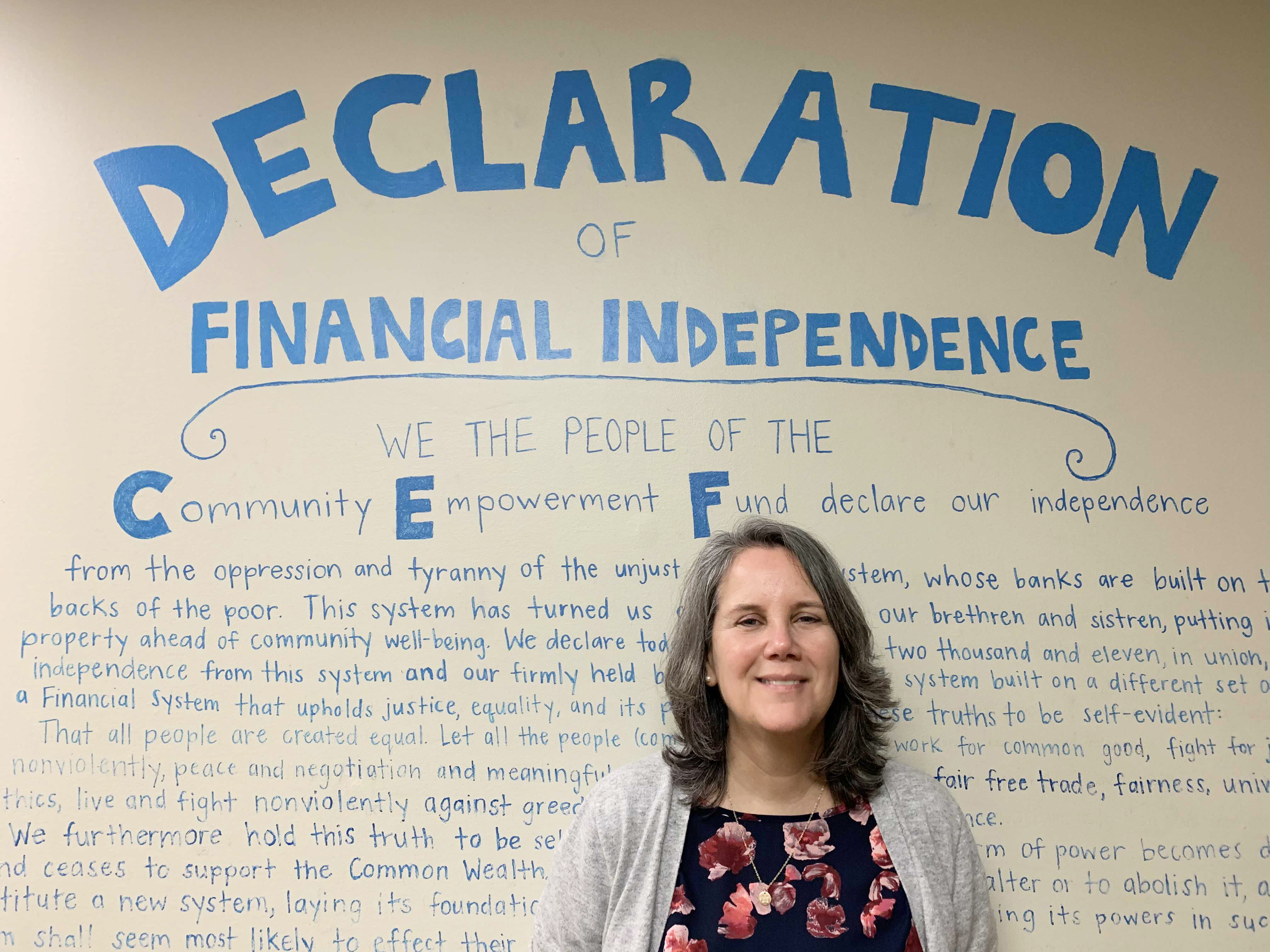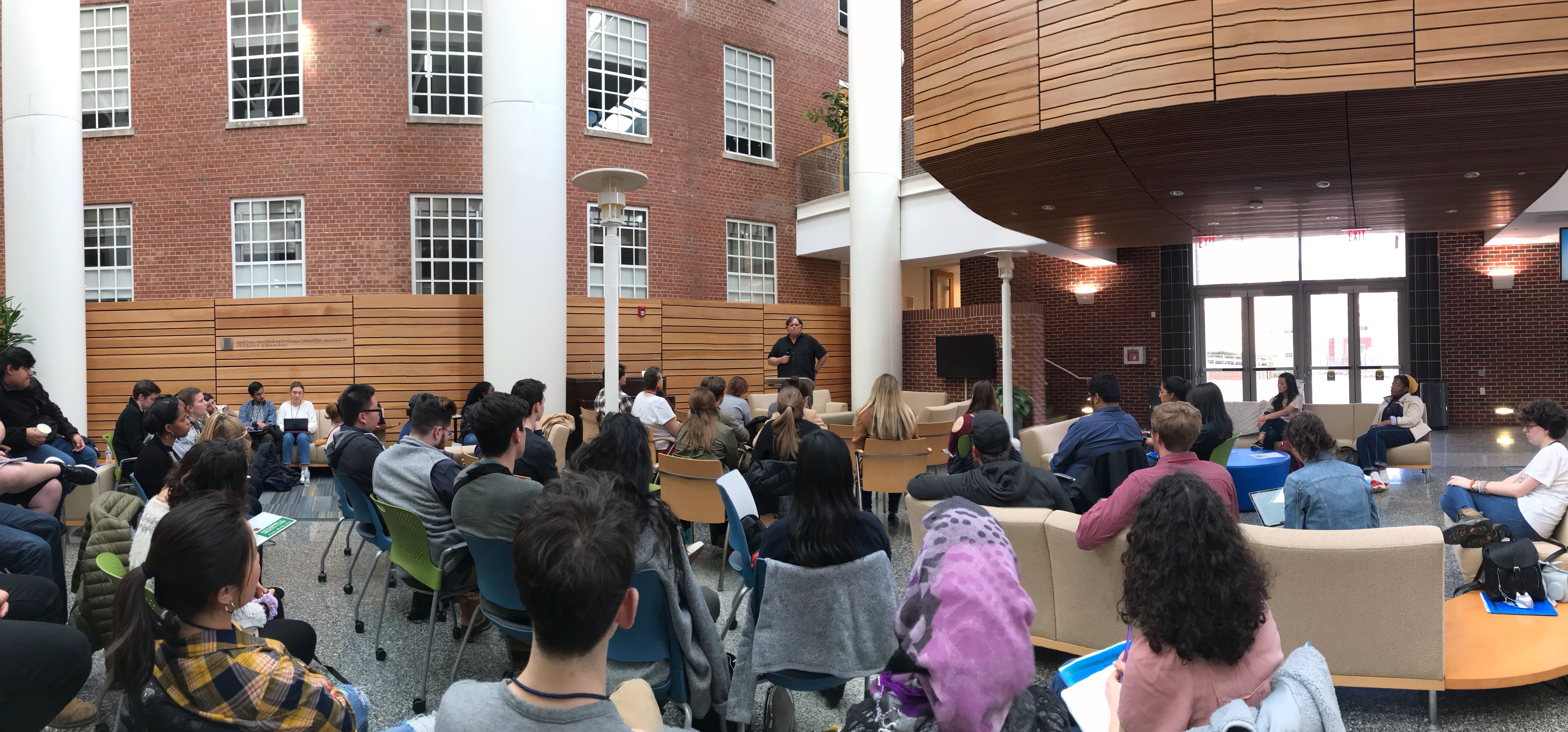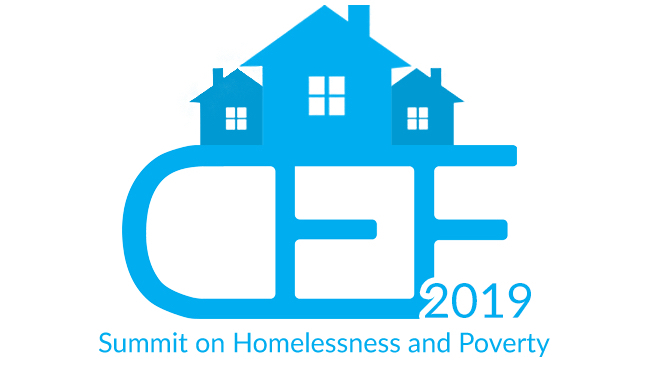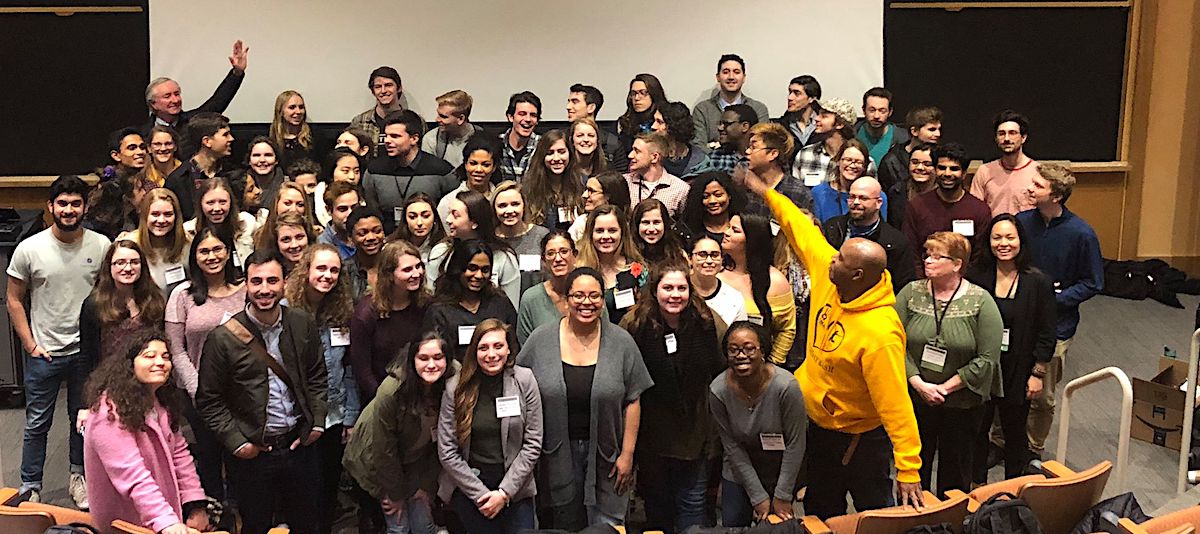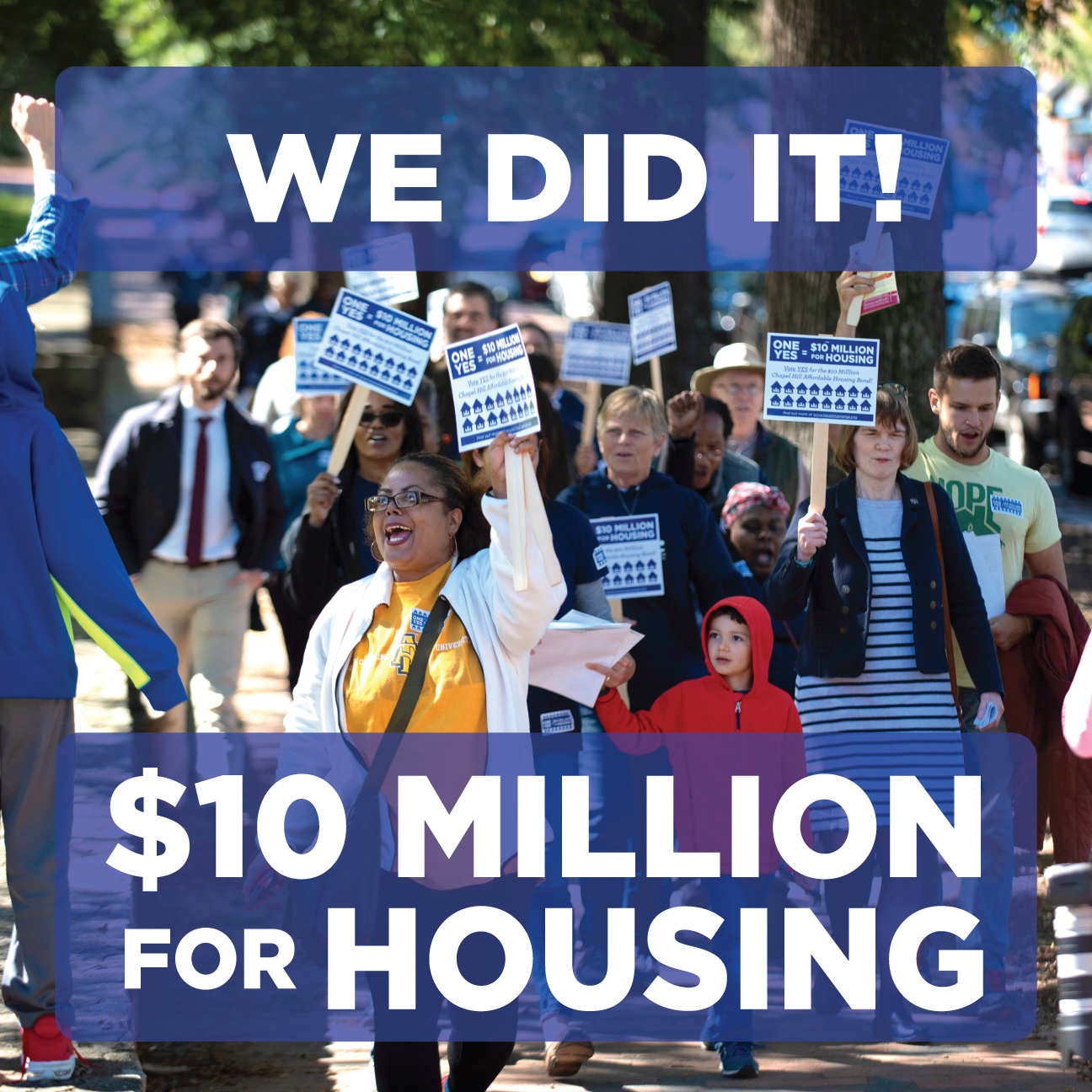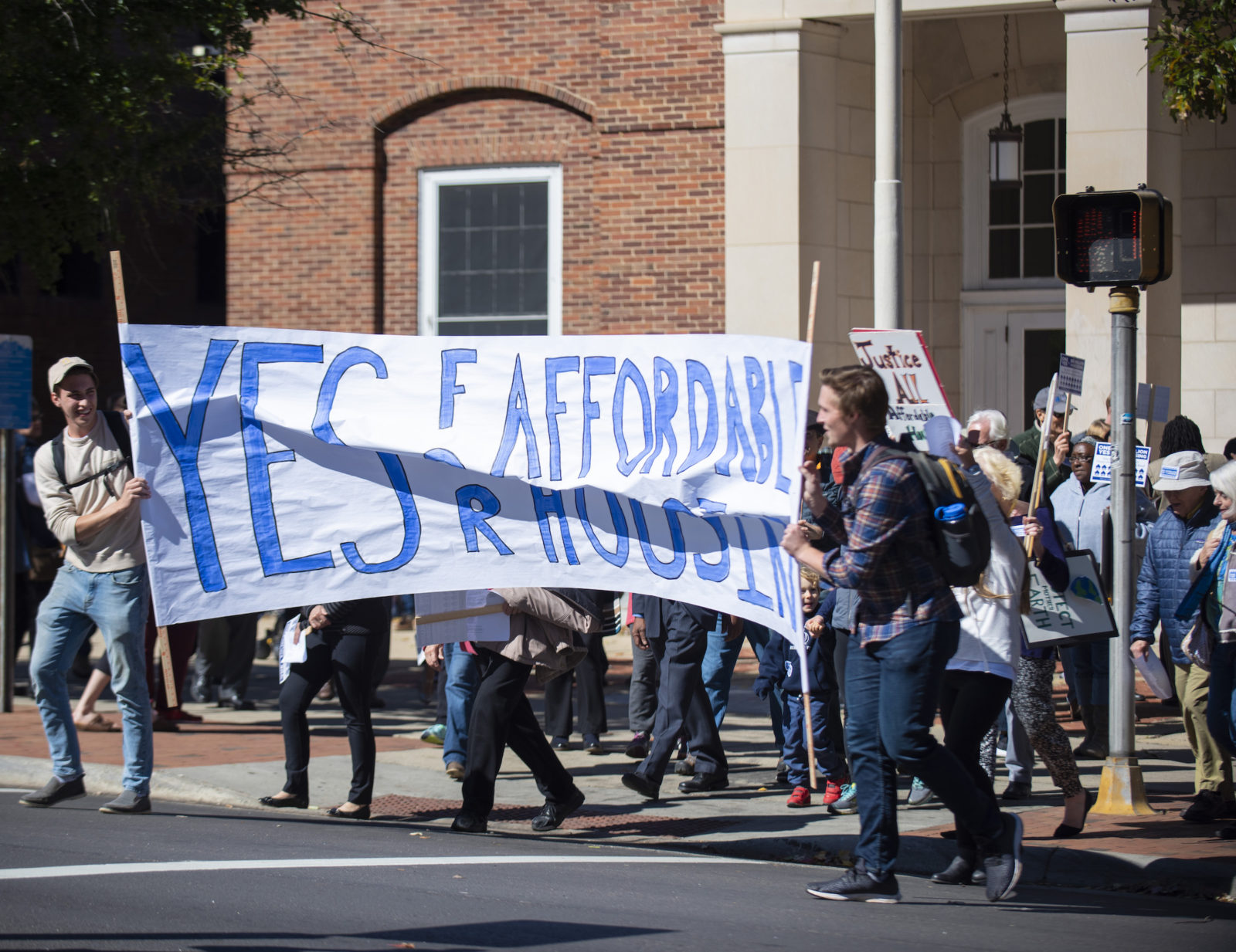a guest post by Durham architect and urban developer Scott Harmon
Reading time: 6 minutes
Land use policy is the blind spot in white progressive politics. Durham NC is debating a city-wide change in its zoning ordinance to address housing affordability. As larger cities like Minneapolis undertake radical rezonings to create more equitable housing, smaller progressive communities like ours are inspired to align its land use policies with our liberal world view. These initiatives will continue across the country and the blind spot will always appear in the same place: the back yards of powerful white progressive leaders.
In November, the Durham Planning Department presented its first vision of an initiative called Expanding Housing Choices. The recommendations were transformative and sensible, focusing on increased opportunities for accessory dwelling units, infill, duplexes, and smaller lots sizes. I would call them, indeed, progressive.
The version now before the Planning Commission, however, has been gutted by leaders in the white progressive neighborhoods that wield the most power in these land use debates. When faced with a choice between progressive policies and neighborhood protection, protection wins every time; power trumps policy. I urge my fellow progressives to pay close attention to some key historic and environmental context as we start this debate.
In The Color of Law, Richard Rothstein explains how zoning became the legal foundation of housing discrimination in our country. The first zoning ordinance appeared in 1908 in Los Angeles with the sensible goal of separating residential and industrial properties. In 1910 racial zoning laws sprung up throughout the country as communities used this new legal tool to protect their neighborhoods from blacks and immigrants. In 1917 the Supreme Court ruled that racial zoning is a violation of the 14th amendment, but in 1919 the city of St. Louis finessed the technicalities of that ruling and adopted the first “economic zoning” ordinance; what we call today “exclusionary zoning”. By excluding multi-family housing types from single-family neighborhoods (which most blacks and immigrants could not afford), St. Louis maintained the racial and economic primacy of its white communities. The racial motivations of these laws were obvious and were again challenged at the Supreme Court in 1926. But the court ruled that the 14th Amendment is not violated because the laws contain no explicitly racial language. Exclusionary zoning thereby became the established precedent for protecting our most advantaged neighborhoods from undesirable people by excluding undesirable housing. Add to this legal foundation the policies of the New Deal and the FHA, which required red-lining and racially restricted neighborhood covenants for its mortgage insurance programs. You now have, at the end of World War II, a complete system of local laws and Federal policies that explicitly exclude non-white people from the benefits of the largest housing and economic expansion in the world’s history. While the Federal policies finally met their demise with the Fair Housing Act of 1968, our local exclusionary zoning laws persist.
This history explains two things about today’s affordability crisis. First, it explains why certain people have enjoyed generations of wealth building and others have not. In other words, if more people could afford a home, the housing crisis would be less severe. Second, our zoning laws continue to treat certain kinds of housing (the more affordable kinds) as “undesirable”. This limits the supply of housing in general and limits affordable housing in particular, thereby making all housing more expensive.
The environmental context is easier to explain because the math is unavoidable. The population is growing, globally and locally. Should we house more people per acre of land, or fewer? Should we be more efficient with our land, or less efficient? Which choice protects our watersheds, natural areas, and farmland from outward expansion (aka sprawl)? Which choice supports better transit systems? Which choice promotes walkable, healthy lifestyles? Which choice assures that every roadway, pipe, wire, and infrastructure investment is used most efficiently? Which choice reduces the carbon footprint of each human?
Let’s be clear how “density” became a bad word. This country protected its neighborhoods from undesirable people by restricting density (see the history above). But many other nations enjoy thriving cities with density, beauty, desirability, and diversity. As our mayor Steve Schewel rightly points out: density is not the problem; it’s the solution.
Land use policy is the blind spot in progressive white politics. Our commitment to equity, inclusion, fairness, and affordability is hijacked by our instinct for comfort, power, and advantage. Most of us don’t see it. While we enthusiastically support the right causes with our time, talent, and money, our resistance to change in our neighborhoods is tenacious. Neighborhood protection is a deeply held tradition that, on the surface, looks like a gallant fight against developers, builders, slumlords, students, renters, and traffic. The origins of this tradition, however, are not so noble. Even when we’re not consciously excluding certain types of people, we’re still using a system with intentions and rules of engagement that were established a century ago. Our families and fortunes continue to benefit from that system.
So, here’s the “ask” of my fellow white progressives in Durham and other communities. Resist the temptation to resist change, because preserving the status quo is not progressive. Our white leaders live in the neighborhoods with the most power when it comes to land use debates. How will we use that power? Will we advance our progressive agenda for the benefit of everyone in the community, or will we ask everyone else to advance the agenda for us? Will we support our elected leaders as they navigate a precarious political transaction that may be uncomfortable for us personally, or will we lobby to maintain our privilege? If we’re not prepared to forgo our privilege, we can at least leverage it for the benefit of the entire community. But this can’t happen if we “protect” our own neighborhoods from the changes that the rest of the community desperately needs. Because that’s not progressive; that’s NIMBY.
“Acting in a way that prevents everyone else from living in your pretty little city because you already have a place that you like does not make you a progressive. It makes you greedy.” – Hamilton Nolan Scott
Scott Harmon is an architect and urban developer with Center Studio Architecture in Durham NC.
